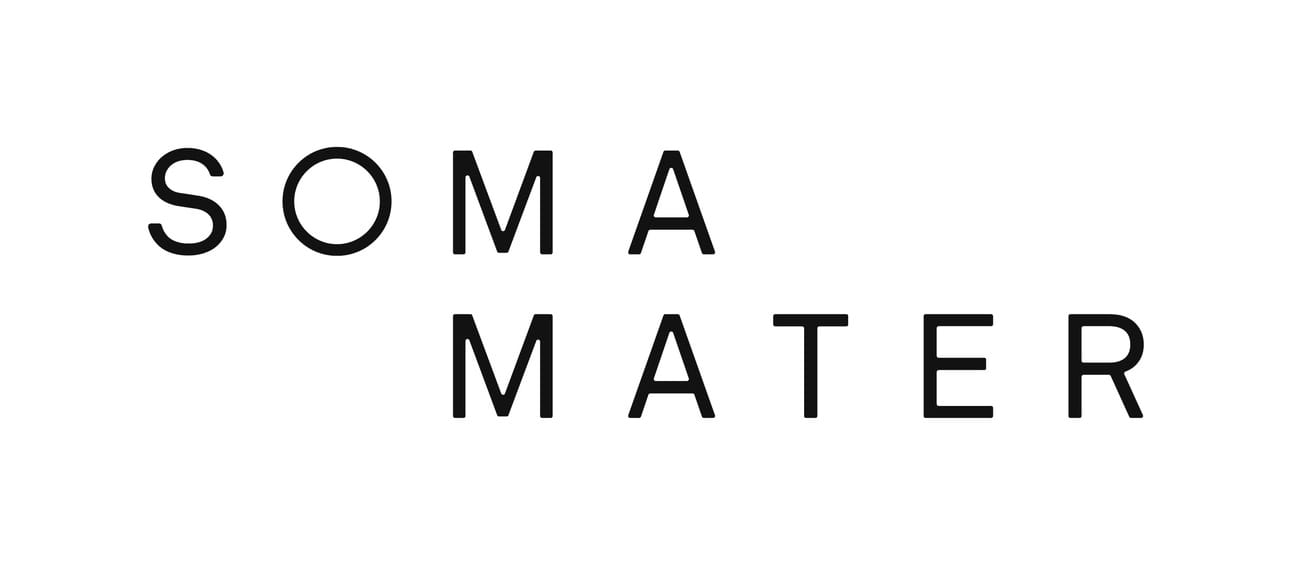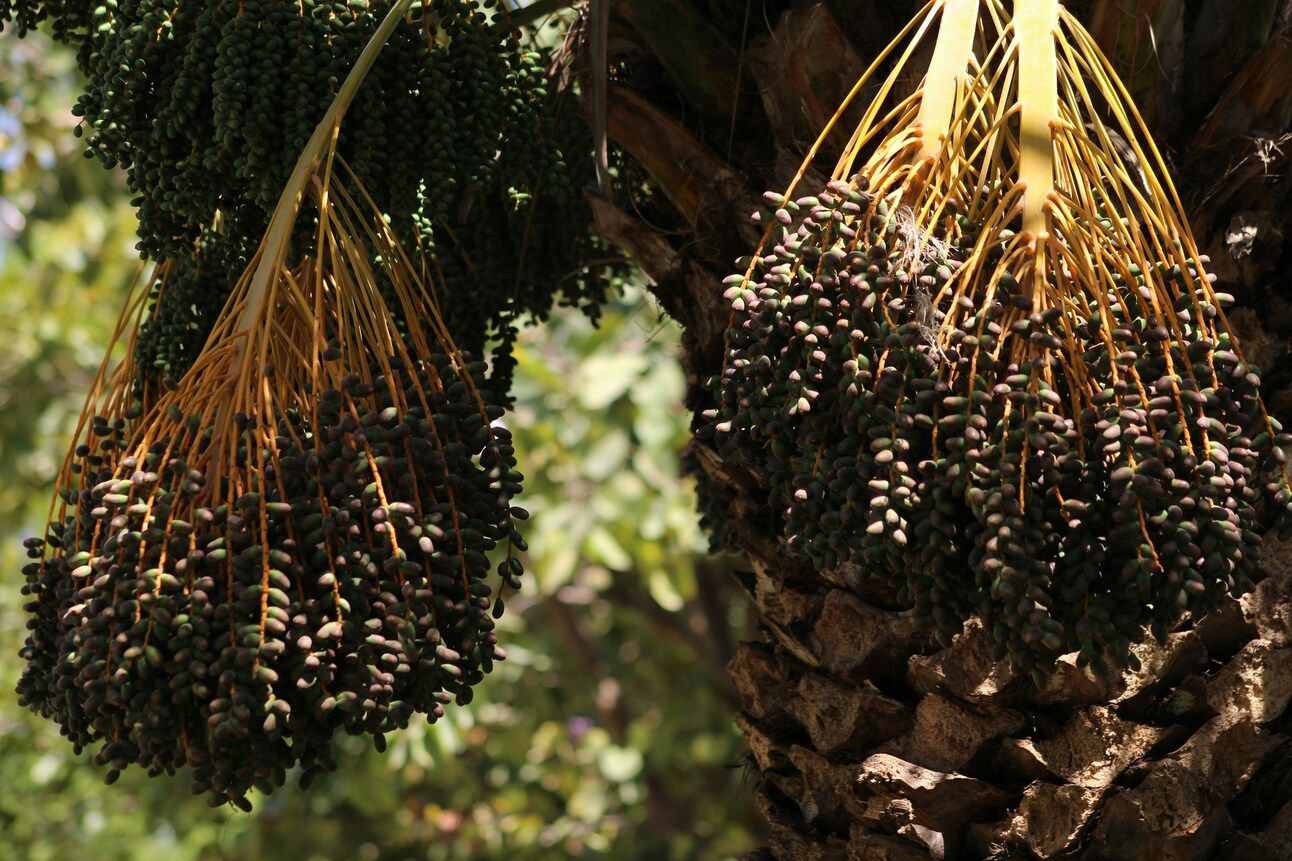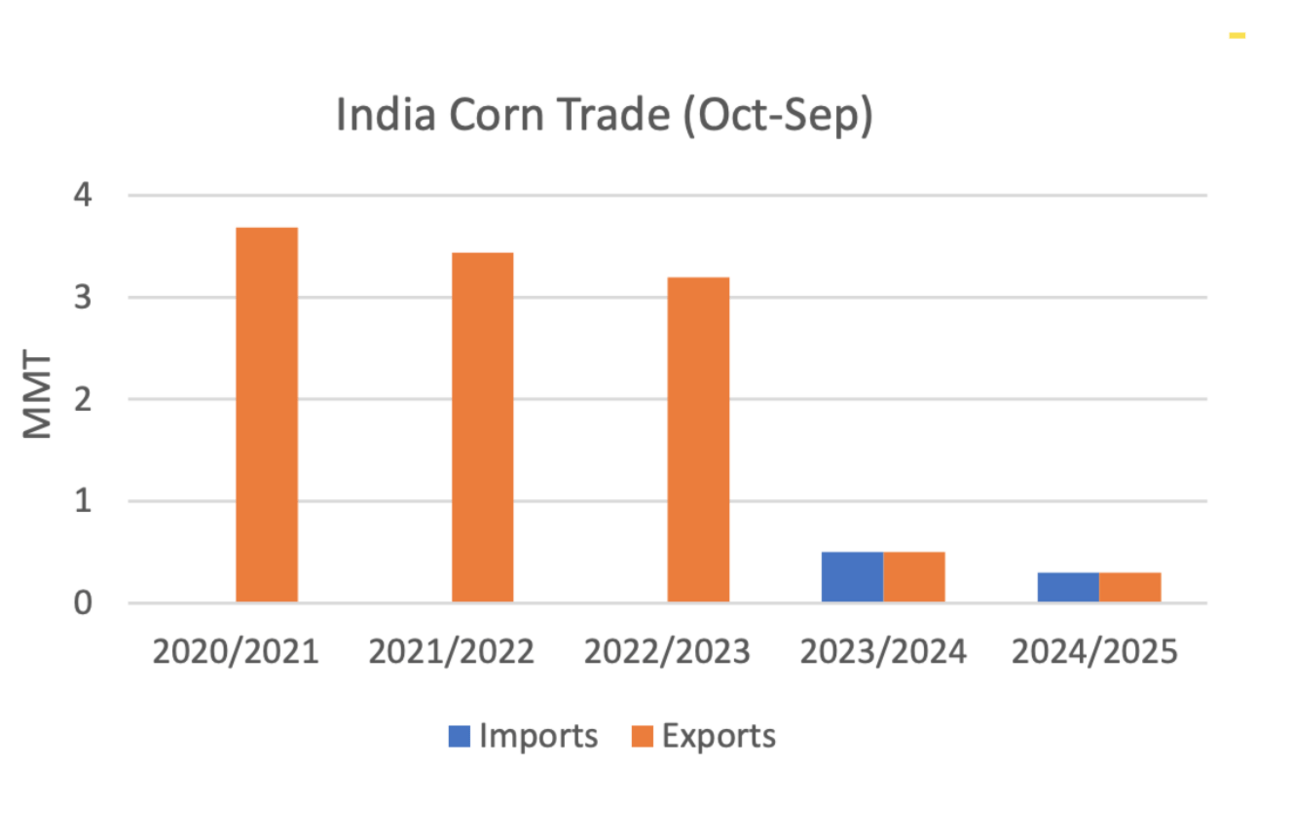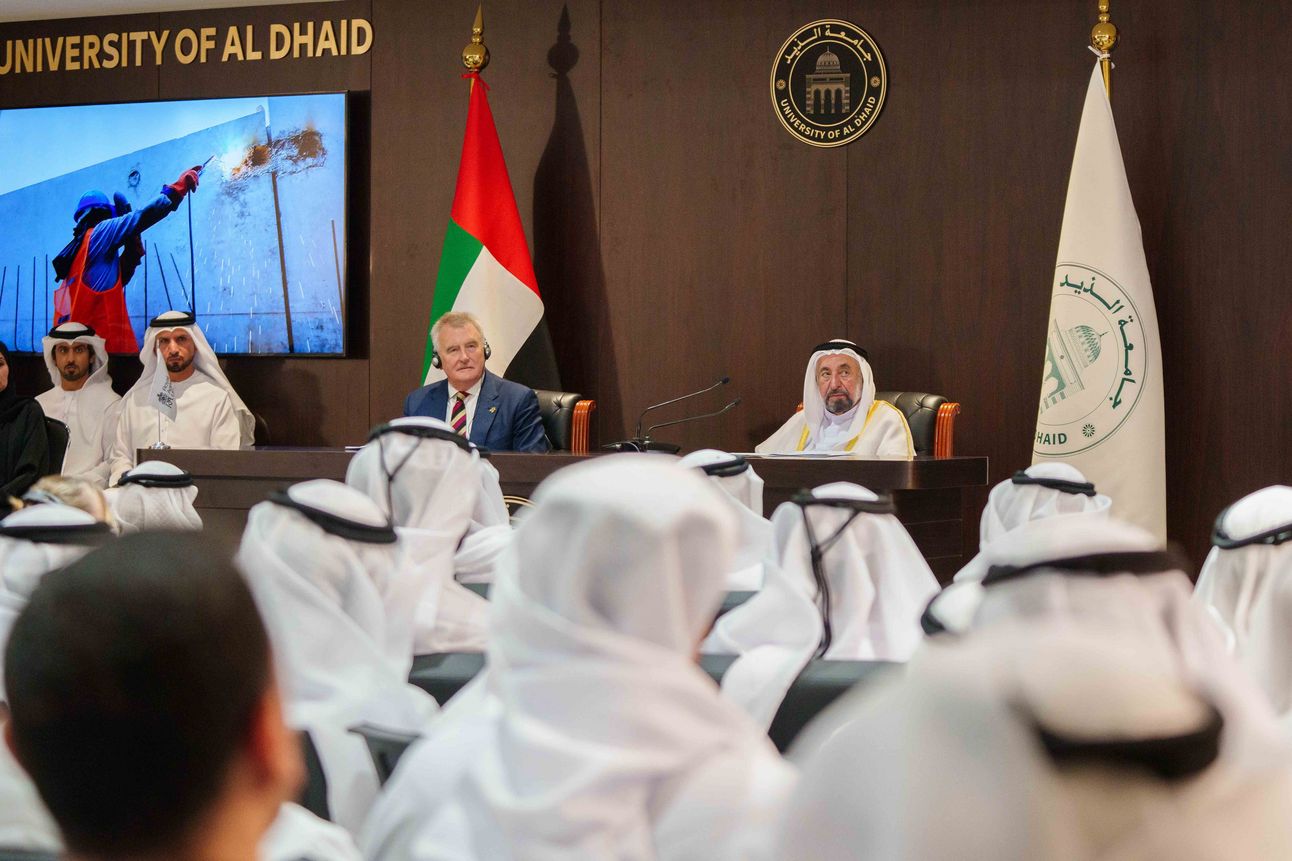- Soma Mater's Newsletter
- Posts
- SOMA MATER's Newsletter
SOMA MATER's Newsletter
August 30th 2024

Welcome to the SOMA MATER Weekly Newsletter.
This weekly newsletter highlights the top 3 stories from the past week in food systems and sustainability, along with SOMA MATER's analysis and perspective.
We are excited to announce that Soma Mater will be hosting an Online Live Session on September 18th at 9:00am, to discuss our Food Security and Net Zero Intelligence Reports.
This session will provide an in-depth look at our reports and the opportunity to ask questions directly to our team.
Please RSVP by emailing us on [email protected] and / or join the live session by using the below link: https://riverside.fm/studio/soma-maters-studio.
Sustainably yours,
The SOMA team
Date Dominance: Saudi Arabia Surpasses 100% Self-Sufficiency in Date Production

Saudi Arabia has achieved remarkable success in date production, surpassing 100% self-sufficiency with a rate of 124%. The country's annual date production now exceeds 1.6 million tons, thanks to the expansion of palm cultivation across the Kingdom. This growth is evident in the vast area of approximately 165,000 hectares dedicated to date cultivation.
The Riyadh region leads in date production, contributing 436,112 tons annually, followed closely by Qassim with 390,698 tons. Madinah and the Eastern Region are also significant producers. Other regions, including Hail, Al-Jouf, Makkah, Asir, Tabuk, Najran, Al-Baha, the Northern Borders, and Jazan, contribute to the overall production, showcasing the widespread nature of date cultivation in Saudi Arabia.
This achievement reflects the efforts of the Ministry of Environment, Water, and Agriculture and its affiliated entities in developing the palm industry. These efforts include innovations in agricultural techniques, improvements in production quality, and contributions to the Kingdom's domestic product. The success is being highlighted as part of the Harvest Season campaign, which aims to promote local fruits, support farmers, and increase awareness of seasonal produce options.
SOMA’s Perspective:
KSA’s achievement of surpassing self-sufficiency in date production is part of a broader strategy to enhance food security and agricultural sustainability within the context of its Vision 2030 initiative. The Strategy aims to diversify the economy to reduce dependence on oil by enhancing self-sufficiency in agricultural production.
Considering the water scarcity issues GCC countries face, the region relies mainly on energy-intensive desalination technologies for almost of their water needs, including drinking water. Ongoing investments in technology, efficient water use, and sustainable agricultural practices will be essential to ensure that this achievement can be maintained in the long term without depleting vital water resources.
Sources:
From Breadbasket to Embargo: India's Shifting Grain Export Policies

USDA’s “Grain: World Markets and Trade” report for August reveals that India's grain export landscape is undergoing a significant transformation due to strong domestic demand and government policies. Over the past three years, India’s corn, rice, and wheat exports have sharply declined—by 86%, 20%, and 90%, respectively. Factors such as increased domestic consumption for ethanol production and poultry feed, alongside export restrictions, have shifted India's role from a major exporter to a net importer in some cases. This change is impacting global markets, with countries like Vietnam and Thailand stepping in to fill the gaps left by India's reduced exports. As these trends continue, they will likely reshape trade dynamics in South and Southeast Asia. Moreover, the reduced availability of Indian grain on the global market has led to price volatility, affecting food security in importing nations. The Indian government’s focus on domestic needs reflects a broader global trend of prioritizing food security amidst uncertain geopolitical and environmental conditions. India's evolving agricultural policies could also prompt long-term shifts in global supply chains, requiring adjustments from both exporters and importers worldwide. These developments underscore the importance of closely monitoring India's agricultural sector, as it plays a critical role in global food supply. Lastly, the potential for increased collaboration between India and neighboring countries in developing alternative grain sources could emerge as a strategic response to these changes.
Example: Stronger Domestic Corn Demand in India Curtails Exports as Imports Surge (Extracted from the report)

Soma’s Perspective:
India's transformation in the grain export landscape highlights the delicate balance between domestic food security and global market dynamics. The decline in exports, driven by strong domestic demand and government policies, poses challenges for global food security while reflecting a broader trend of prioritizing self-sufficiency. As these developments unfold, they underscore the need for strategic responses from both exporters and importers to adapt to changing trade dynamics and ensure food security in an increasingly interconnected world. Importing countries are adjusting through alternative vendors such as Vietnam and Thailand. Additionally, farmers in India are protesting as a direct response to recent changes in agricultural policies, particularly concerning grain exports and pricing mechanisms. Their demands for legal guarantees on minimum support prices and frustration over export restrictions reflect broader concerns about food security and economic viability in the agricultural sector.
Sources:
Link to the report: https://apps.fas.usda.gov/psdonline/circulars/grain.pdf
Al Dhaid University Set to Open its Doors: Sharjah Ruler Announces September Inauguration

Sharjah's Ruler, Dr. Sheikh Sultan bin Mohammed Al Qasimi, announced the inauguration of Al Dhaid University on September 16, 2024. The university will focus on Agriculture and Veterinary Medicine, with the Faculty of Agriculture already accredited and the Veterinary Medicine faculty pending approval. The institution aims to equip students with skills for the job market, offering practical experience through large farms and a new veterinary hospital.
Soma’s Perspective:
The inauguration of Al Dhaid University adds another pillar to Sharjah's food security master plan, complementing the Wheat Farm, Dairy Farm, and upcoming Poultry Farm. As part of the academic research arm, the university will integrate into the circular practice, enhancing the emirate's agricultural and veterinary expertise. It will also create a new generation of graduates in vet medicine and agriculture engineering to bolster the local food system.
Sources:
SOMA MATER is writing Intelligence Reports on the topics of Food Security and Net Zero.
If you’d like to know more, contact us through the link below: